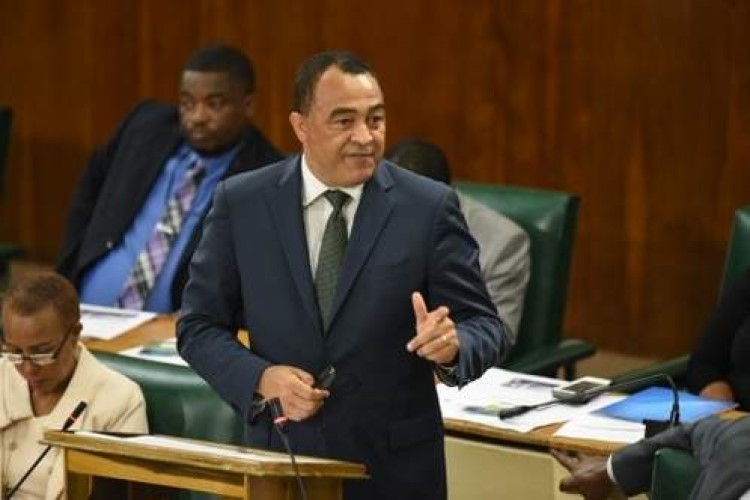MOUNT SALEM, St James — Minister of Health Dr Christopher Tufton says the Government is looking at the necessary framework to facilitate much-needed organ transplants.
The minister, who was referring to the growing crisis of kidney failure, noted that while the process has started it will take some time.
“We have started the mechanism to put some of that in place. Things like an organ registry, where you list people who are donating, who have received and to track that and so on is a big part of it. All of that has to be grounded in legislation,” said Tufton.
Between Cornwall Regional Hospital in St James and the University Hospital of the West Indies in Kingston, about 12 surgeries are performed in Jamaica per year. This is in contrast to Trinidad and Tobago, which has performed approximately 100 surgeries within the last five years.
“Given the demands now on the system, we would want to do far more than that. But, again, that comes with challenges because, if you are successful in getting a donor, you are going to live on medication for the rest of your life to ensure that compatibility is maintained and so on,” explained Tufton during an address to the media following a tour of the Cornwall Regional Hospital Renal Unit last Friday.
An organ registry is the last step in a three-pronged approach to dealing with the emerging crisis. The first stage is screening, which allows for early detection.
“We really want to encourage Jamaicans to go to their health centres and their doctors and, as part of the screening process, examine their kidney functions to know what can be done to sustain it,” Tufton encouraged.
He was supported by Ward Sister Heather Headle as they stressed that lifestyle habits are the major contributor to renal failure-causing diseases, such as diabetes and hypertension.
The second stage is dialysis treatment, which the minister said is quite expensive for patients in the private sector. A single treatment could cost between $12,000 and $15,000. Two to three treatments are needed per week.
At Cornwall Regional Hospital, there are 18 machines that treat 104 patients at least twice a week. Each machine treatment lasts approximately four hours. There are 500 people on a waiting list.
Nationally, there are up to 900 people who need dialysis each year and Tufton said the numbers are increasing.
“This means that, even with your best efforts to get more machines, you are always going to have a waiting list and it is a crisis at this rate,” declared Tufton.










